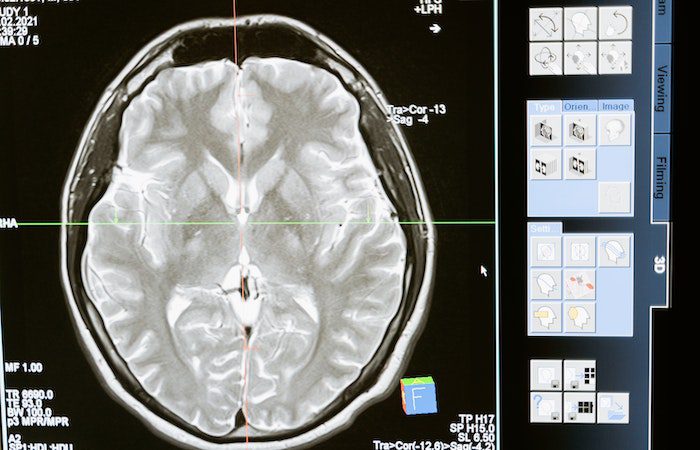Road construction ahead; Expect delays! Let’s say you have been taking the same path to your job or school for some years—so long that you could practically make the drive in your sleep (disclaimer: please do not make the drive in your sleep). Then one day, one of the main roads on your route is closed. Maybe it looks like it will be closed for quite a while.
No problem, you might think to yourself. You can go over a block or two and get pointed in the right direction along the path. Might take a little longer, but it is no big deal.
No big deal until the next day, that is. You are driving along your usual route when suddenly you are confronted with the “road closed” sign. You completely forgot the road was closed. But you can handle this just like you did yesterday: go a block or two over and then work your way back toward where you need to be.
Now it is day three. You forget about the road closure again—and this time when you try to go over a block or two, you discover another section of road that is closed.
No sweat, right? You double back a bit and find a third route to your destination.
Given how ingrained your usual path is in your mind (and given the vagaries of road construction), there is a reasonable chance that you will find yourself encountering obstacles and finding new routes for several more days.
It is annoying to be sure. But the truth is, it beats a possible alternative. What if there were only one route to work or school? Literally only one route. If that route were closed, you simply couldn’t go where you were trying to go. Now, that would be a proper problem.
Or maybe you have watched everyone around you sign up for this or that social media platform but have steadfastly refused to do so yourself. You’ve never posted a photo of your dinner, retweeted a news story, or commented on the cuteness of someone’s pet. Truthfully, you don’t get what all the fuss is about.
That last type—the nonuser of social media—is increasingly rare. It has become a part of nearly everyone’s life in one way or another. And there are certainly some benefits to engaging with an online community via one or more of the various options. But there are also some pitfalls for the mental health of users as well as some connections between social media engagement and substance use disorders.
So are the nonusers onto something? Let’s consider the path between mental health, substance use, and social media.
The Metaphor Provides a Roadmap Path to Our Topic
At this point, you may well be wondering why we have been talking about road construction. You probably did not come to this blog to think about hypothetical road closures.
But our story about road construction is a metaphor for an important concept related to recovery. That concept is called “neuroplasticity.”
It’s a big word with a fairly simple meaning. “Neuro” means related to the nervous system; “plasticity” means moldable or flexible. Together, neuroplasticity refers to your brain’s ability to build new pathways.
And why is that important? It’s important because sometimes a pathway develops in the brain that is not healthy at all. For example, ongoing use of drugs or alcohol leads to the creation of pathways that make it difficult to stop using substances even when you truly want to.
Difficult, but not impossible. That’s where neuroplasticity comes in.
With effort and support, you can create a new path in your brain that don’t rely on drugs or alcohol.
There Could Be a Relapse Along the Path
In our road construction example, we pointed out that sometimes it is hard to remember you should take a new path for a while. And even when you have chosen a new path, there is always the possibility that it, too, could be blocked, forcing you to reroute again.
That is similar to the experience of a relapse. Sometimes the new pathways you are working to build don’t take hold as quickly as you might like. Sometimes an unexpected detour can set you back on a negative path.
But the good news is that a relapse is not the end of your recovery journey. Just like it would be terrible if there were only one route to work or school, it would also be terrible if a relapse meant you could never achieve lasting sobriety. That, to be sure, would be a proper problem. But again, a relapse doesn’t mean that at all.
Instead, you should deal with a relapse by returning to treatment and working to find a better route to lasting sobriety.
Think of Us as Your Sobriety GPS – A Path to Recovery
At The Farley Center at Williamsburg Place, we are committed to helping individuals find their way back to sobriety—and to providing the resources, strategies, and support that make it more likely they will be able to stay on that path. Our Virginia facility offers treatment that is grounded in evidence, personalized for your specific needs, and compassionate. If you are struggling with drugs or alcohol, we encourage you to chart a course to Farley Center so we can help you map out a path to a better life.


